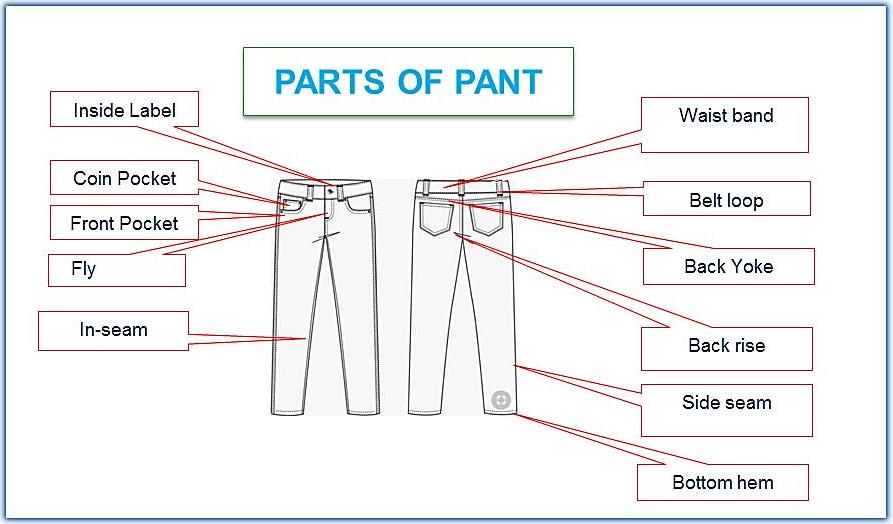While you may occasionally see basic vacuum cleaners typically used in residences inserted into a commercial setting, that won’t cut it for the industrial sector. Industrial vacuum cleaners are far more robust, hardworking, and capable of handling industrial waste or fine particulate matter.
In case you’re new to these types of vacuum cleaners, here is what to look for when shopping for one.
Certified Vacuums Provide Multiple Assurances
Table of Contents
It’s not widely known that the National Fire Protection Association (NFPA) requires manufacturing facilities to adhere to their standards on vacuum cleaners.
With certified industrial vacuums, they’re looking to protect against any particulate matter that’s potentially combustible. Different types of dust in industrial facilities ranging from food particulate to fine plastic powder or additive powder used in 3D printing facilities all pose potential fire risks.
Due to the above concerns, manufacturing facilities require the use of an NFPA certified vacuum. Any new industrial, certified vacuums have already passed rigorous testing before the new product is launched.
In recent times, Occupational Safety and Health Administration (OSHA) has taken over responsibility for the regulatory side of things. However, the same safety risks are relevant.
HEPA Filters
High-efficiency particulate air filters (HEPA) were first developed for commercial settings where there was a need to capture particles down to 0.3 microns. To compare, a human hair is around 100 microns. Therefore, the particle capture is small enough to be invisible to the human eye unless using magnification.
These types of filters are frequently used in industrial vacuum cleaners to achieve the results necessary to maintain clean and/or hygienic facilities. Furthermore, the air filters must be replaced on a schedule – or when they’re dirtier following an acceleration of the cleaning schedule – to maintain their ability to filter properly.
Construction Materials
Unlike residential vacuums where lightness is preferable, industrial ones require many years of reliable high-performance.
To ensure that the unit will stand up to rigorous use, commonly a metal casing instead of a polymer-based one is required. When metal is used, then aluminum or stainless steel is most commonly chosen for it.
In some cases, plastic is still used for an industrial vacuum. However, it then must use a heavy wall and be a special, high-density version of it to deliver the long-term durability required in industrial settings. As such, it’s heavier than a residential vacuum because it is built to be rugged.
Single Stage, Two-Stage, and By-pass Motors
Different motors affect the life of an industrial vacuum cleaner, making them a point of distinction to be aware of.
Single Stage
Air enters the tank from the exterior of the vacuum. The same air is used to keep the motor cool. However, debris mixes from the tank to the motor and can cause lower reliability.
Two-Stage/By-Pass
Two-stage or By-pass motor designs separate the air within the vacuum’s tank from the air that goes into the motor section. Separate fans are used, and each section is compartmentalized.
The design makes it less likely that contaminated air will reach the motor and clog up the works.
By paying attention to the above factors when choosing a reliable industrial vacuum cleaner, it will not only meet the company’s needs but provide long-term, sustainable performance too.







